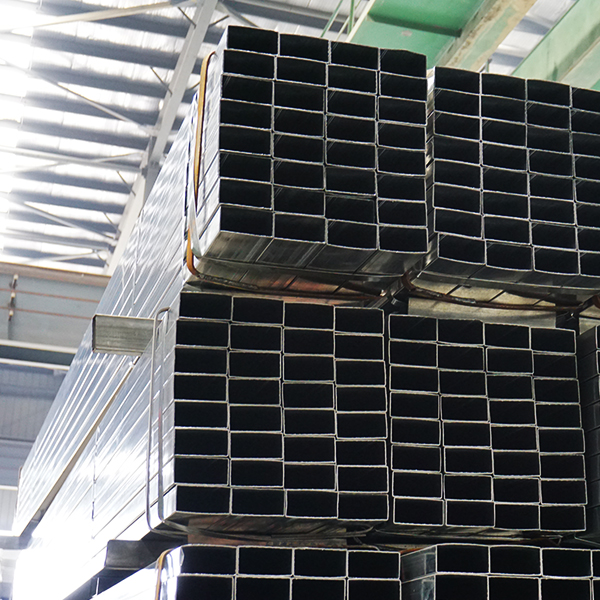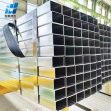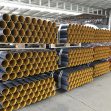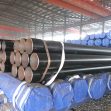Performance of Hot Dipped Galvanized Pipe in Use
It is believed that you have good command of a variety of common types of steel products in the market if you have visited our company website before. Hot dipped galvanized steel pipe is very popular with people for some applications today, such as indoor and outdoor atmospheres, the storage of hundreds of different chemicals, in fresh water, sea water, soils, concrete, or extreme temperatures. However, there is a fact that corrosion and repair of corrosion damage are multi-billion dollar problems. Estimates show metallic corrosion costs the United States approximately $297 billion annually, or about 3% of the national GDP. Hot dipped galvanization after fabrication is a cost effective, maintenance-free corrosion protection system that lasts for decades even in the harshest environment.

Generally speaking, among various types of steel pipe coatings, the zinc of the hot-dip galvanized coating is more corrosion resistant than bare iron and steel. Similar to steel, zinc corrodes when exposed to the atmosphere. However, zinc corrodes at a rate approximately 1/30 of that for steel. Also like steel, zinc corrodes at different rates based on its environment. Therefore, the performance of hot dipped galvanized pipe varies from environment to environment. On the other hand, as hot dipped galvanized steel is used in so many different applications, it seems very important to understand what factors affect its performance in each of these environments.
How Zinc Protects Steel Pipe From Corrosion?
Technically, hot dipped galvanization has two-fold protective nature of the galvanized coating in use. As a barrier coating, it provides a tough, metallurgically bonded zinc coating that completely covers the steel surface and seals the steel from the corrosive action of the environment. Besides, zinc’s sacrificial behavior protects the steel, even where damage or a minor discontinuity in the coating occurs. Galvanized coatings have proven performance under numerous environmental conditions. The corrosion resistance of zinc coatings is determined primarily by the thickness of the coating but varies with the severity of environmental conditions.
Physical Properties of Hot-Dip Galvanized Steel Pipe
Galvanization forms a metallurgical bond between the zinc and the underlying steel or iron, creating a barrier that is part of the metal itself. During galvanization, the molten zinc reacts with the iron in the steel to form a series of zinc iron alloy layers. Furthermore, the galvanized coating is tightly bonded to the underlying steel, at approximately 3,600 pounds per square inch. Other coatings typically offer bond strengths of 300-600 psi, at best.
As a professional steel pipe manufacturer in China, we are committed to offering you various types of steel pipes for your next project. You are welcome to Contact Us any time at your convenience.
Tel: +86 18202256900 Email: steel@fwssteel.com
Previous: More About Welded Steel Pipe










